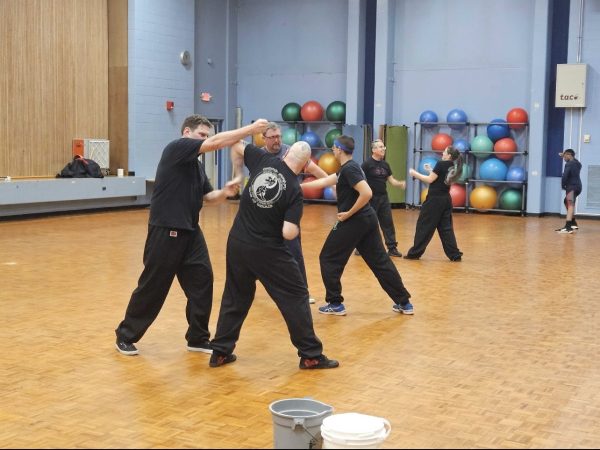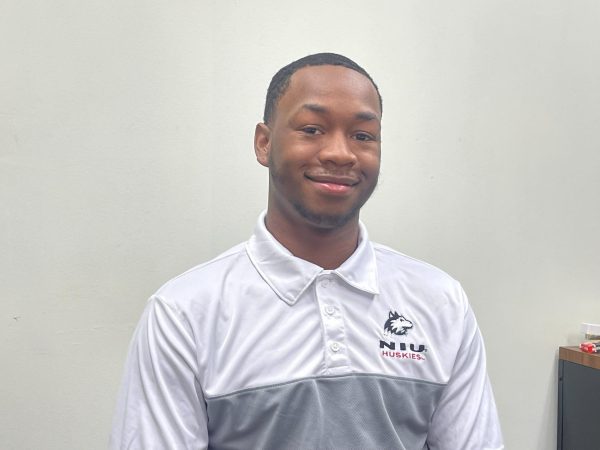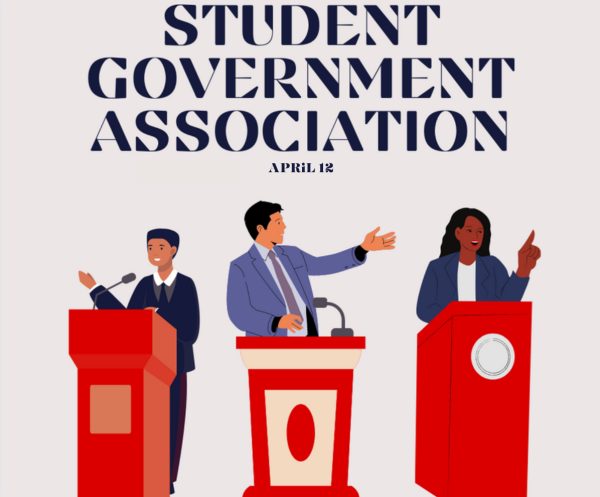Department chair bikes 60-mile commute
February 12, 2004
Despite freezing weather and slush-covered roads, some commuters still are making the trip to campus on two wheels.
Paul Carpenter, department chair of kinesiology and physical education, makes a 60-mile round-trip on his Klein bicycle daily from his home in Batavia, weather permitting. Some rides have been in temperatures as low as 0 degrees, Carpenter said.
Carpenter started biking in California in the late 1980s, where he rode for fun and not competition, he said. Although he has participated in open-stance rides, which are long-distance rides that groups of bikers take for fun, he usually does not compete.
The longest bike ride Carpenter has ever taken was 390 miles long, which he did last year, he said.
Besides wearing multiple layers of clothing, Carpenter also shields himself from the elements with protective equipment made from Neoprene, a windproof synthetic rubber.
However, snowy roads still are too dangerous for Carpenter to ride on, he said.
“There’s no room for error,” he said.
Certain bikes are a wiser choice than others for winter use, said Patrick Tracy, manager of DeKalb Cyclery, 534 E. Lincoln Highway. Single-speed bikes and those with internal gears are more suited for winter riding, he said.
Single-speed bikes feature coaster brakes, which function by pedaling in reverse, Tracy said, while bikes with internal gears housed inside a rear hub are protected against wear and tear from the elements.
Tracy said the mechanisms of multi-geared bikes often fail because of salt and corrosion and that brake cables also can freeze if not properly maintained.
Cyclists can protect their bikes with fenders that protect against slush and rust-resistant stainless steel chains, Tracy said.
Others choose to use older bikes for winter weather.
“I’ve got an old beater,” NIU staff photographer George Tarbay said, referring to the single-speed Trek mountain bike he pedals to work.
Tarbay, who lives three blocks away from NIU, said biking saves time and helps him exercise. Despite the weather, he said, the biggest threat isn’t always the snow.
“Drivers are always a risk,” Tarbay said. “I’ve had a lot of close calls.”













